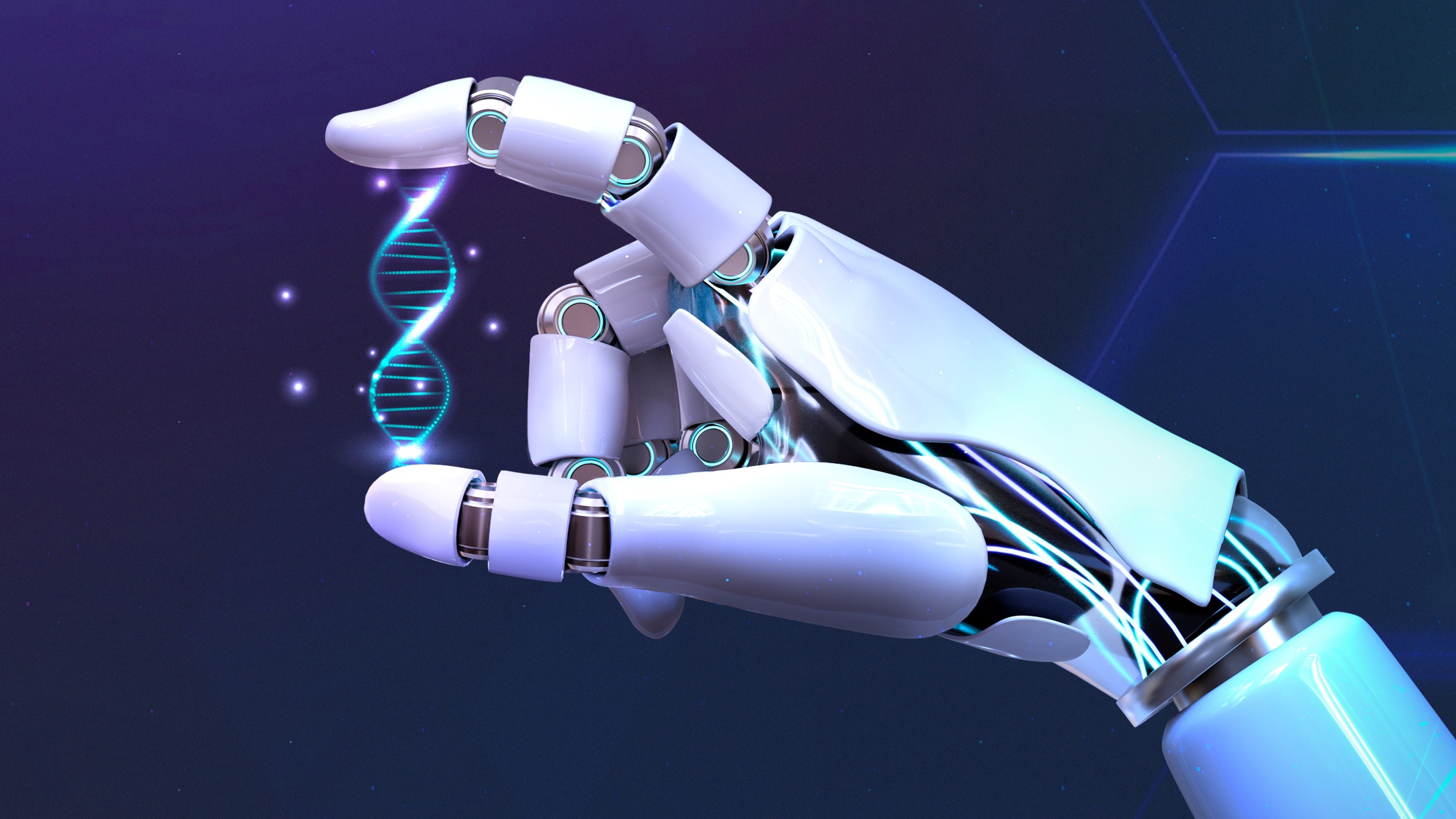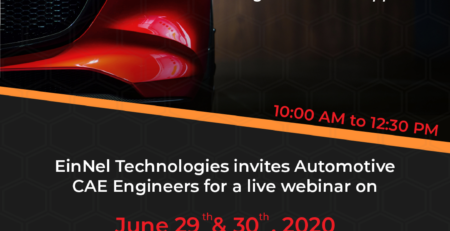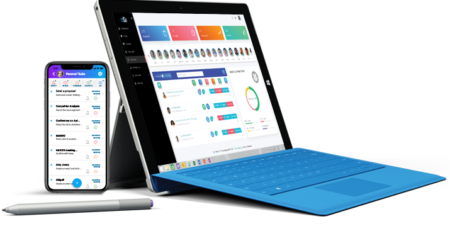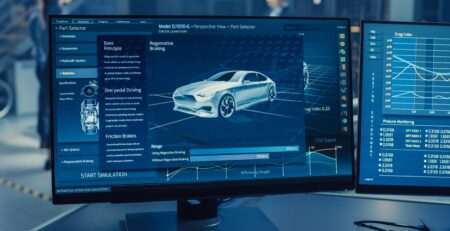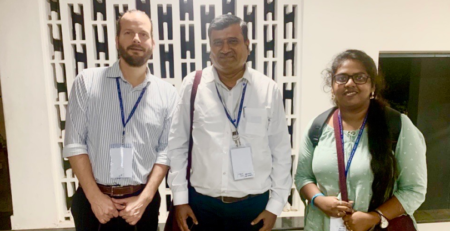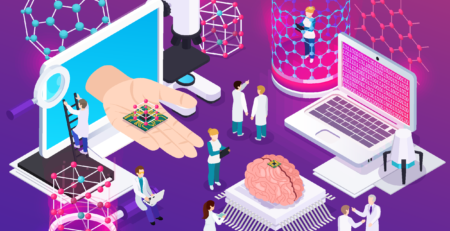Current drift and need of AI in life science
Koushika, EinNext Biosciences
Life science is the broad spectrum that entangles all fundamental and applied sciences. It is the study of organisms at different levels and their applications. The umpteen challenges faced during the pandemic to outlook further accuracy with less time consumption can be sorted with the help of Artificial Intelligence (AI). The world which requires both efficacy and expeditious results await none. But we all know studies, experiments and research require enormous patience, skill, and understanding. Scientists and people have different opinions during emergent circumstances like a pandemic. AI comes in handy during such circumstances helping life science scientists to research and come out with quicker and better results.
The par excellent development of technologies and new breakthroughs has paved the way to upskill in the field of life science. This pandemic has not only hindered the conventional way of research but has taught us an empowering technique of associating life science with AI. AI has become the access point to incalculable data for research. The more the data flows in, the more accuracy we obtain. The ideology in various life science researches includes the whole of humankind.
- The drug discovery process nearly takes 15 to 20 years to launch a particular drug in the market. This process involves huge investments, tedious work, and a large workforce with accuracy. If the drug fails to cross the pre-clinical or clinical trials the loss is unimaginable and the chances of finding a cure to that particular disease will become minimal. At this juncture, AI helps scientists to scan and verify large and complicated datasets more accurately.
- Radiology is another field where AI can play a vital role wherein various simulations can be run, analyzed, and give doctors/ clinicians a better-detailed understanding of particular malformation or disease. Virtual biopsies will become possible in the upcoming years.
- Antibody engineering through machine learning approaches can provide us with solutions where we can get antibodies with more affinity which will reduce the dosage of that particular antibody thus reducing the cost.
- Surgeries to the most inaccessible parts of our body can be done using robots very precisely. AI programs can help the robot learn and train to operate with less or no damage.
- AI-powered mobile applications to consult and manage hospitals records in developing or remote places will provide immediate connection to the doctors at the time of emergency.
The above are a few fields in which AI is needed to embrace with life science which will enhance and promote life science research to another level. There are other fields like immunology, drug designing, genetics, etc in which AI can be applied for further research and development. This sudden drift and need of AI is the most promising one for humankind but it also has few restraints. A particular framework of data collection involving various ethics has to be implemented. The requirement of a well-trained or expert workforce to handle and understand both Life science and AI is necessary.
EinNext Biosciences – the sister company of EinNel Technologies has been practicing this type of research for a few years now. Researches on antibody engineering, AI-powered drug discovery and enzyme engineering, orthopedic research especially in the knee and hip replacement, application of ML in the biomedical field for aneurysm rupture prediction, healthcare management through EinNel H+, pre-surgical knowledge through EinNel S+, and cloud management through EinNel C+ have been the current research fields at EinNext.
This advancement in life science research after a few years will become a more predominant and highly efficient one.
